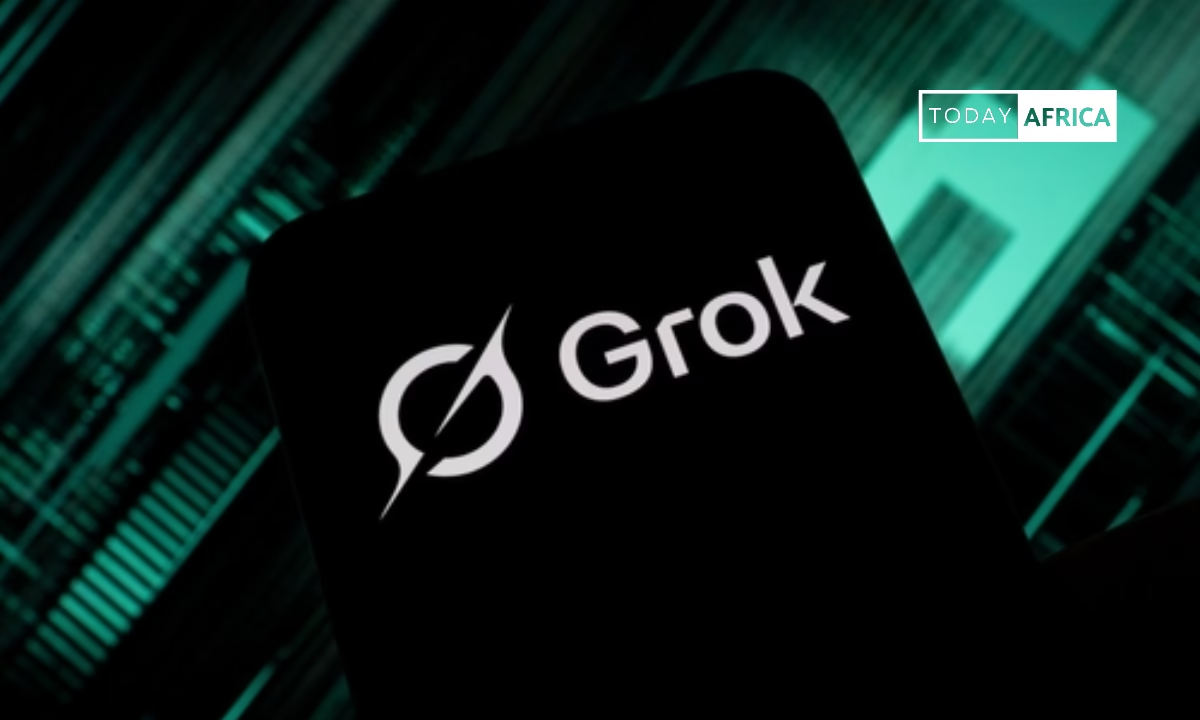In Lagos, the Federal High Court blocks the sale of 54gene’s assets, preserving the integrity of one of Africa’s most ambitious biotech ventures.
The ruling comes amid an explosive legal dispute between 54gene’s founder, Dr. Abasi Ene-Obong, and its major investors—Cathay AfricInvest Innovation Fund and Adjuvant Capital—over allegations of corporate sabotage, hostile takeovers, and the mishandling of sensitive genomic data.
What’s at stake?
The assets slated for sale include a biobank containing genomic data from 100,000 Nigerians, reportedly priced at $3 million.
The court’s intervention seeks to prevent the dissolution of the company and the possible loss of invaluable scientific data that could play a pivotal role in future health research and drug development, particularly for Africans.
A promising beginning
Founded in 2019 by Dr. Abasi Ene-Obong, 54gene set out to revolutionize medical research by bridging the massive gap in genomic data from African populations.
At the time, only 2% of the world’s genomic data came from Africans, despite being the most genetically diverse people on the planet.
The startup’s mission struck a chord with global investors. Within 15 months of launching, 54gene raised over $19 million from high-profile investors including Microtraction, Y Combinator, Ingressive Capital, and Future Africa.
Over time, it raised more than $45 million in total funding.
During the COVID-19 pandemic, 54gene became a key player in Nigeria’s response—scaling testing capacity, deploying mobile labs, and pivoting into diagnostics.
This boost in operations generated over $20 million in revenue and further reinforced the company’s credibility.
At its peak, the company was valued at $170 million and had developed a biobank and over 40 proprietary tools for genomic research.
From innovation to implosion
However, cracks began to appear post-pandemic. As the demand for COVID-19 testing declined, so did revenue. A strategic pivot into molecular diagnostics failed to gain traction.
In April 2022, 54gene’s investors demanded the company raise a $100 million Series C round – a decision Ene-Obong objected to, recommending a bridge round instead.
According to court filings, Ene-Obong claims the investors:
- Rejected an external $110 million rescue package;
- Blocked a secured $35 million offer after his resignation;
- Declined a buyout offer he made;
- Threatened him with defamatory rumors of fraud;
- Forced the Nigerian operating company into bankruptcy;
- Demanded a 4x return before any liquidity event could benefit others.
He alleges that the board, dominated by Adjuvant Capital and Cathay AfricInvest, assumed full control of the company’s operations.
They reportedly shut down revenue-generating units, blocked contracts, rejected outside funding, and appointed a lawyer in Lagos as the receiver of 54gene Nigeria.
In one particularly contentious instance, Ene-Obong claims he was told to transfer $100,000 within 24 hours for legal fees or face forced bankruptcy of the company.
When he refused, the investors moved forward with plans to sell off the assets – raising concerns about the ethical handling of Africa’s genomic data.
Governance disputes and power plays
Much of the fallout stems from governance and valuation disputes.
When Adjuvant Capital first led the Series A round in 2020, they allegedly slashed the company’s valuation from $60 million to $30 million just before signing—securing 22% of the company instead of the agreed 15%.
In 2021, Cathay AfricInvest led the $25 million Series B round, acquiring a 4.77% stake, while Adjuvant picked up another 2.66%.
Together, these two funds came to control 29.4% of 54gene and, according to Ene-Obong, leveraged this to override other board members and stakeholders.
Ene-Obong resigned as CEO in October 2022, claiming mounting pressure and forced decision-making.
After his departure, he says, the investors transferred all the company’s intellectual property to the Nigerian entity, which they controlled, in preparation for liquidation.
See Also: MTN Nigeria’s net income grows 180%, hits N414.9bn in H1 2025
A legal and ethical precedent in African tech
The situation at 54gene has sparked widespread concern across Africa’s startup ecosystem.
The case underscores the tension that can emerge between founders and investors, especially when strategic visions diverge or when business conditions shift.
54gene’s legal battle is significant not just for its corporate implications but for the ethical questions it raises.
Who owns Africa’s genomic data? Can investors liquidate sensitive biobank assets without national oversight? What accountability do venture capital firms have when things go wrong?
In a statement to TechCabal, Dr. Ene-Obong said:
“At 54gene, our mission—to harness African genomic insights for better health—rests on the highest standards of ethics and community trust. We should hold ourselves accountable to every study participant, business partner, investor, creditor, and the broader communities we serve.”
Adjuvant Capital, in response, noted:
“We only act in the best interests of our partner companies. As an impact investment firm focused on global public health, our priority is to work with local partners to ensure the safety and viability of the biobank such that it remains available for the benefit of Nigeria and the broader African continent.”
Cathay AfricInvest has not issued a public statement.
54gene raised over $45 million across three funding rounds, helped Nigeria survive COVID, successfully created a biobank that can change how African medicine works, and made over $20 million in revenue, but ultimately, internal disputes between its founder and board led to its demise.
The case is still in court and is awaiting judgment.
Leave a comment and follow us on social media for more tips:
- Facebook: Today Africa
- Instagram: Today Africa
- Twitter: Today Africa
- LinkedIn: Today Africa
- YouTube: Today Africa Studio
















